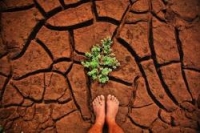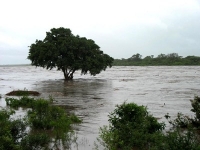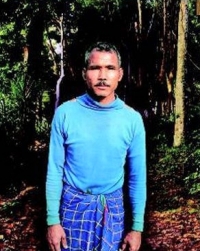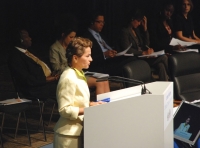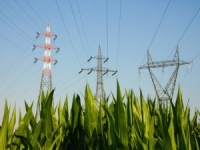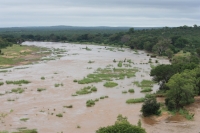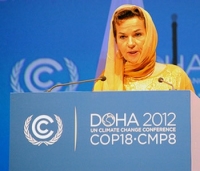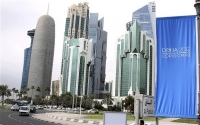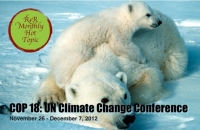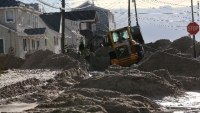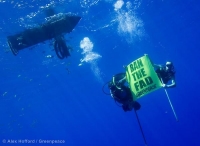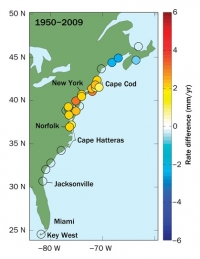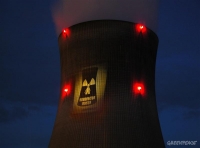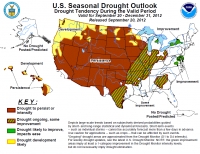On 22 April 2013, more than one billion people around the world will take part in the 43rd anniversary of Earth Day. Earth Day is an annual observance on which events are held worldwide to demonstrate support for environmental protection.
“Ask yourself: Are you thinking of now, or are you thinking of your grandchild’s future?” This was the question posed by climate scientist Inez Fung, a professor of Atmospheric Science at the University of California and co-director of the Berkeley Institute of the Environment.
Snowfall in Gauteng after 31 years. Unprecedented heat waves across the northern half of SA. Tornadoes in Ficksburg and Springs. Devastating hailstorms around the country.
Deforestation and desertification are critical problems in India that have led to barren land, increased soil erosion, decreased agricultural production, and devastated local wildlife. However, one Indian man has made a stand.
The United Nations has signed an agreement with the East African Development Bank to increase participation in clean development projects in the region.
Scores of firefighters, volunteers and Working on Fire crew were deployed to temper the fires in the Franschhoek Mountains. Friends rose to the occasion with the generous donation of bottled water, beverages and food.
As the global population expands to 9 billion by 2050, we are set to spend trillions of dollars on supporting infrastructure that is likely to damage our climate.
Our environment is becoming more and more under threat every day, and there seems to be no end to this trend or reversal thereof in sight.
A top-level crisis management team should be assigned in Mindanao to address challenges in areas badly hit by typhoon “Pablo.” The United Nationalist Alliance (UNA) cited the “rising death toll, the extent of damages, and the looming humanitarian crisis” as a result of the powerful storm.
Humans are making Earth unliveable with assaults on climate, topsoil, fisheries, biodiversity and other ecological systems, says Simon Zadek, a senior fellow at the Global Green Growth Institute in Seoul.
This year, the United Nation's two-week climate-change conference, COP18 in Doha, Qatar, provides yet another opportunity for serious climate-change mitigation. And with the recent Superstorm Sandy, it is clear that tough decisions must be hammered out as soon as possible because climate change will not slow down for us.
The UN Climate Change Conference in Doha kicked off today, with calls to implement agreed decisions and stick to agreed tasks and timetables.
"Gone are the days when business was able to shrug off environmental concerns as being incompatible with maximising shareholder value."
Hurricane Sandy gave the Eastern U.S. seaboard a real pounding this week, with heavy rain, widespread flooding and high winds.
Less than 1% of the world’s oceans are protected from all human activity. We are fishing ourselves into a crisis that threatens global fish stocks, marine biodiversity and local economies.
Property values aren’t all that’s been rising in Manhattan, New York. The height of the water lapping up against the Big Apple and many East Coast cities has been creeping up faster in recent decades.
Warming oceans and climate may have an unexpected side effect - shrinking fish. Their body weight could decline by 14-20 percent in 50 years, says a Canadian study based on computer modelling of 600 ocean fish species.
Greenpeace Africa together with the South African History Archives (SAHA) have today submitted four requests for information on the management of nuclear energy in South Africa. These requests have been submitted due to the increasing lack of transparency and growing secrecy in this high-risk sector.
The massive and widespread 2012 drought that has gripped the nation of USA since the spring refuses to die, according to the latest report from the U.S. Drought Monitor — In fact, it has expanded a little.








